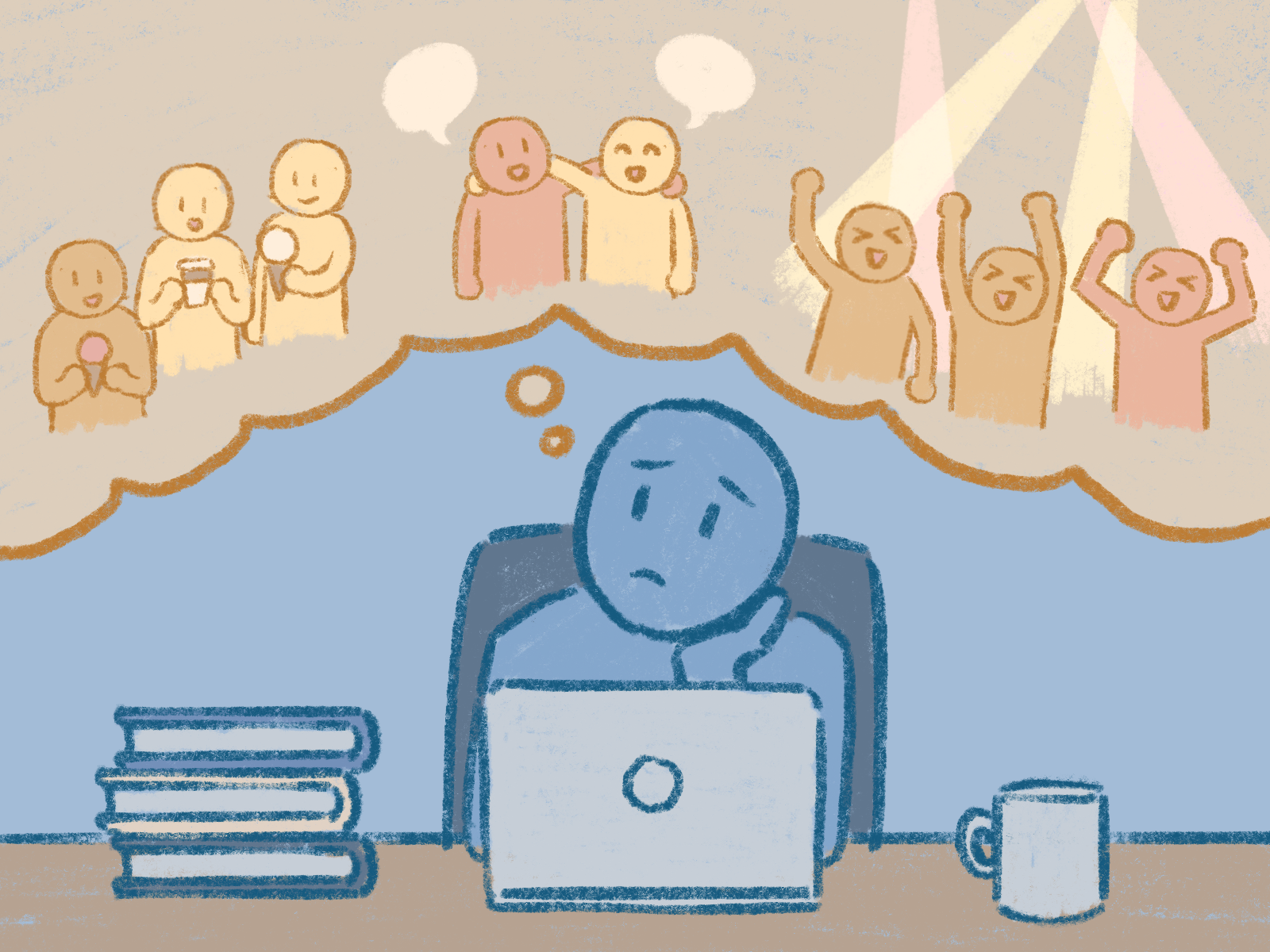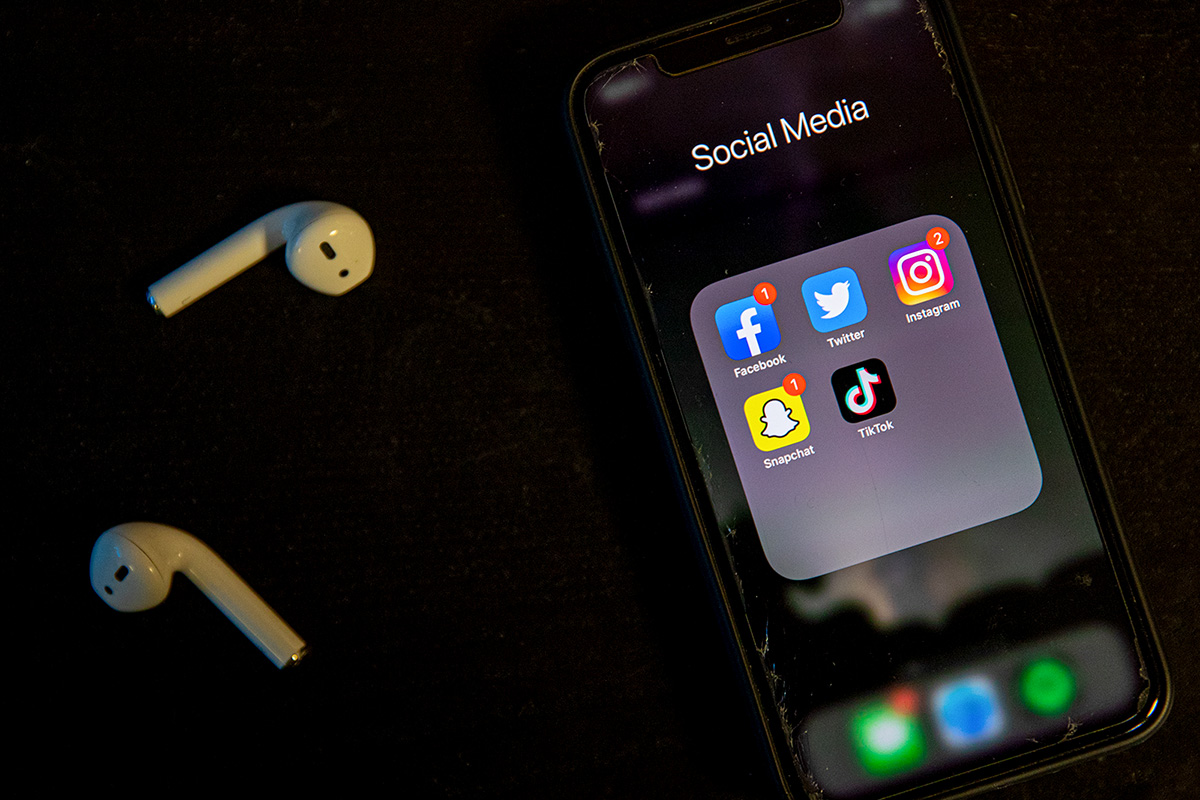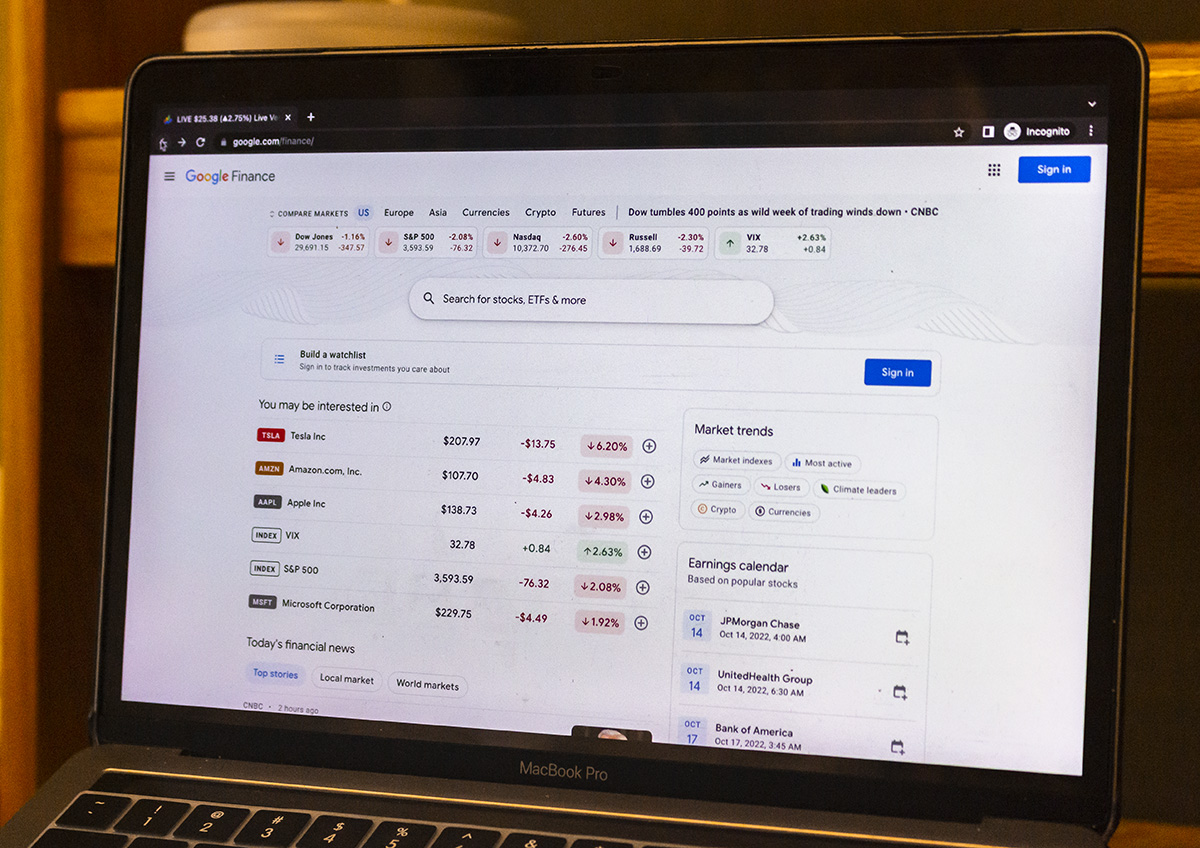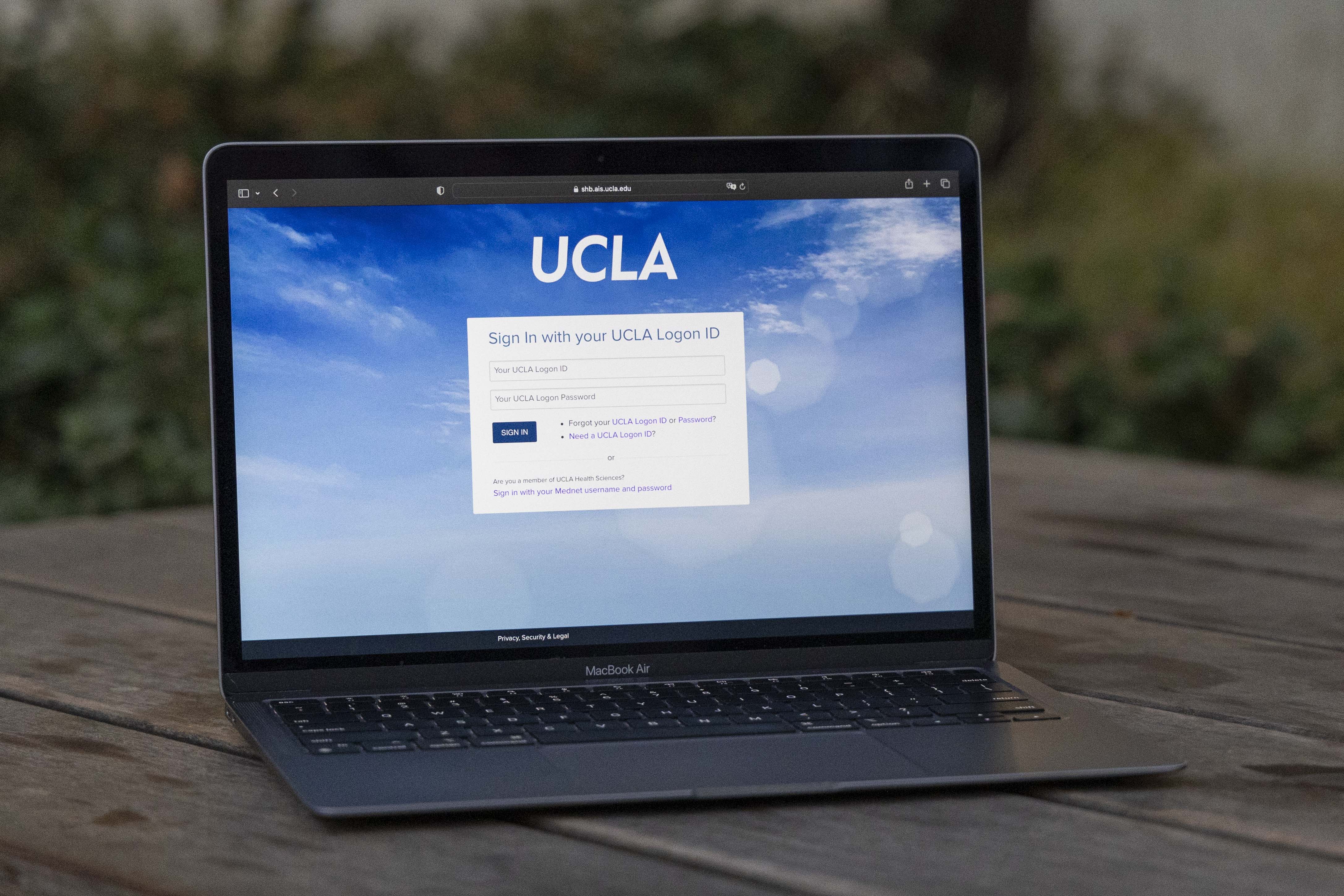Navigating the implications and accessibility of paywall journalism
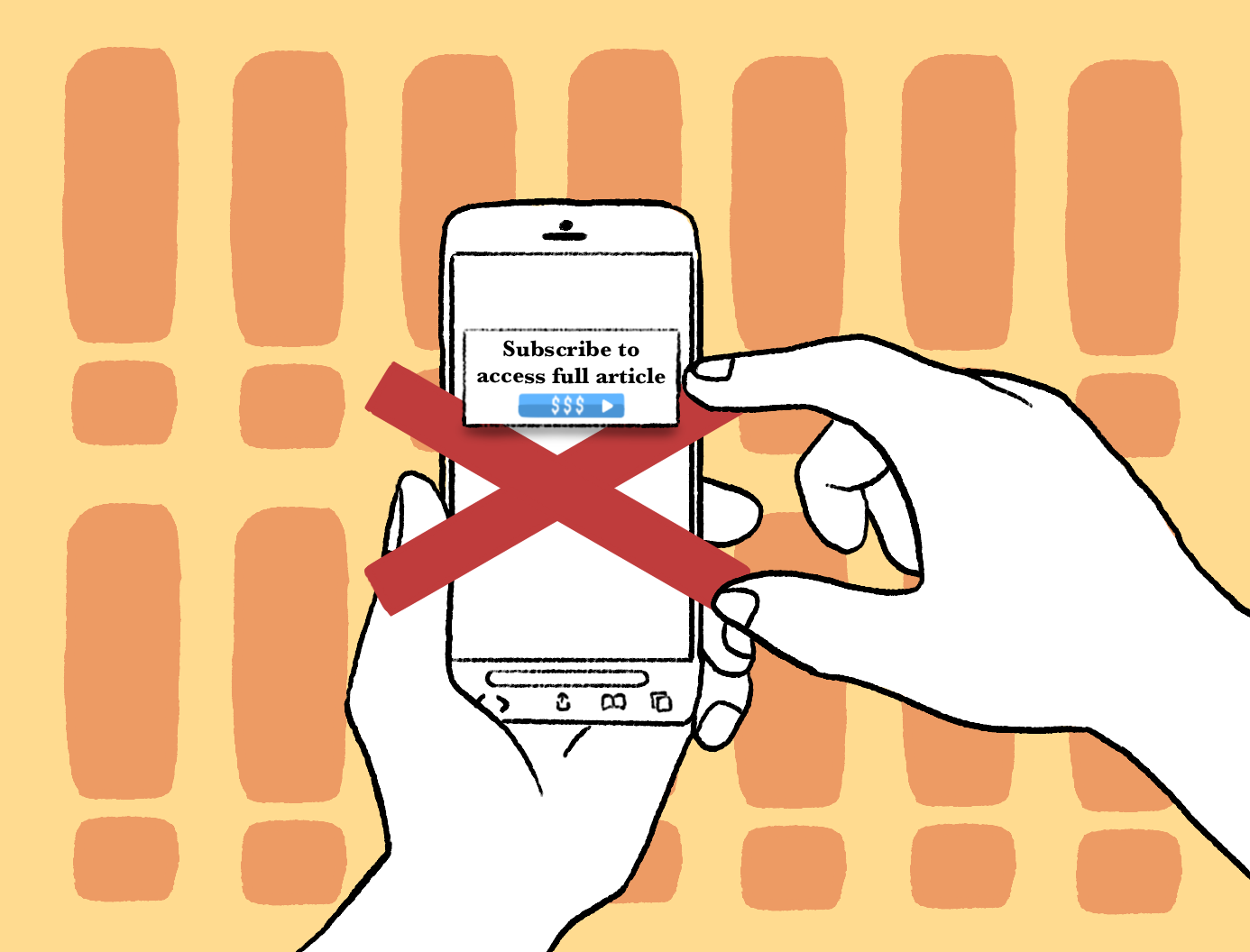
(Sid Francis/Daily Bruin)
By Gustavo Calva Hernandez
Nov. 25, 2023 5:12 p.m.
This post was updated Nov. 30 at 10:15 p.m.
With the Undergraduate Students Association Council funding students’ complimentary access to The New York Times, Bruins will now have free access to the site for the 2023-2024 academic year.
While UCLA students now have paywall-free access to The New York Times, over 69% of leading newspapers across the United States and the United Kingdom operate behind paywalls as of an analysis conducted in 2019, restricting individuals from accessing their websites.
According to the Pew Research Center, the rise of internet access to media has made online news more favorable to the public, as 86% of U.S. adults said they receive their news from digital devices at least sometimes. The same study also found that around half or more of the adults surveyed above the age of 50 preferred TV news, while 71% of young adults aged 18 to 29 often used online news, showing a shifting trend among young adults in how they receive news.
Communication professor Tim Groeling said with the increase in both online news and paywalls, he understands the difficulties students face with news that is not free to access, and he encourages Bruins to use UCLA-provided resources.
“I sympathize with students who have a limited amount of money and a limited amount of time to search across news outlets to not pay for news,” Groeling said. “(But) students have access to a lot of recent information through subscriptions the library provides.”
For instance, Groeling shared a UCLA Library subject guide for archived news sources that students can access at any time through the UCLA Logon system or VPN for off-campus Bruins.
In addition, Allison Benedetti – interim associate university librarian for user engagement and director of arts, music and Powell Libraries – said in an emailed statement that students can use and custom search the UCLA Library subject guide to get access to multiple online news sources.
“Students can access any of the myriad of online news sources the Library subscribes to 24/7, such as the LA Times, New York Times, Wall Street Journal and Washington Post,” Benedetti said in the statement. “Some resources offer the ability to create customized alerts, so if there is the desire to follow a particular topic, you can get notified of new articles and content.”
However, second-year psychobiology student Emiliano Jasis said research and access to academic resources may be impossible for those who have graduated and no longer have access to the UCLA Library.
Jasis said even as a current student, paywalls have affected their ability to receive news, and that paywalls might affect those who are unable to pay.
“They just don’t have the means to have a subscription for those sources when (there are) so many other payments to be had,” Jasis said.
The University of Texas at Austin analyzed a case study on paywalls which showed that lower-income groups are disproportionately unable to afford paywall journalism and are being restricted from accessing reputable sources, which impacts journalism’s goals of educating the public on relevant issues.
Benedetti said students don’t need to just rely on the UCLA Library resources, and that public libraries such as the Los Angeles Public Library also offer news sources to users for free.
“Both UCLA Library and the public libraries subscribe to a large array of news sources for users to access without a fee. This is part of libraries’ mission to provide access to information for all,” Benedetti said.
However, Jasis added that having the time and ability for quick and easy research within reach is a privilege that not everyone has.
Jasis said even with news sources from the UCLA and public libraries, navigating those sources can be difficult.
“Even within students, there’s not much information going around on how to best navigate those databases,” Jasis said.
Groeling said even though paywalls are costly and hinder accessibility, they are important because rewarding good news will lead to better news.
“You can get a fair amount of the way with free sources, but at some point, you have to decide, ‘I need to reward the ones that are doing a good job keeping me well-informed,’” Groeling said. “We get the news we reward. … We can reward it by actually paying the reporters who did a good job, and subscriptions are the way you can pay reporters for doing a good job.”
The same case study from UT Austin shared the ways in which digital paywalls create an opportunity for news outlets to gain profit without having to rely on ad revenue, as well as creating better pay for journalists. According to the study, ad revenue can be interrupted by ad-blockers, whereas paid subscriptions allow news websites to generate more than enough profit to break even and invest in producing more news – which is even more crucial for small-scale operations.
The Harvard Business School found in 2019 that outlets who implemented paywalls saw anywhere from a 24% increase to a 12% decrease in profits after implementation. However, strong reputation and uniqueness of content were the driving factors in sale increase post-paywall activation.
Additionally, news profit gained from ad revenue has steadily decreased over the years, according to the same Harvard study.
The U.S. newspaper industry’s total ad revenue fell from $26 billion to $18 billion from 2010 to 2017, which led traditional print media to pursue digital paywalls as a strategy to seek new revenue.
Benedetti added that having news access for research should not infringe on copyright laws, as journalists and other staff need public support to continue generating strong journalism.
“It’s important that the access methods researchers use do not infringe on copyright and subscriptions,” Benedetti said. “Good journalism costs money to create – there are salaries for the staff that do this work. News and journalism need support.”
Groeling said Bruins should prioritize reliable news outlets to keep them informed, as opposed to others that may not have paywalls and rely on clicks and views.
He added that to determine the value of a news source, students could ask themselves a few questions about whether the news they are consuming is actually beneficial or if it simply invites emotional responses and actions.
The same study from UT Austin showed news publications with paywalls tend to provide more reliable news, unlike free social media platforms that could easily spread misinformation. However, that same case study found that wealthier and more educated individuals were the ones mostly paying for news paywalls, while lower-income individuals opted out of paying.
Jasis added that despite the potential issues social media generates as a news source, these platforms also provide underrepresented groups a way of sharing news that would typically go unnoticed with traditional news media.
“I do think that social media has been good, in that it’s offered an opportunity for traditionally marginalized voices to have a platform that is typically underrepresented in mainstream media,” Jasis said.
However, a study by the University of North Carolina showed that minority-oriented news outlets that use paywalls for supplementary revenue benefit less from them because their readership tends to be on the lower end of the economic scale.
In general, it is important to find relevant and reputable news no matter the form it is presented in, Groeling said.
Groeling said using news sources that prioritize high-quality reporting can help students stay informed about news that they care about, even if it means paying for a subscription to that news source.
“The advantage of news is it should be more accurate than entertainment that’s made up. … It’s also having, if it’s done well, somebody who is able to get better quality sources, better quality access, better quality analysis, than you might be able to do yourself,” Groeling said.



